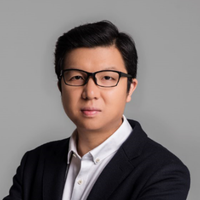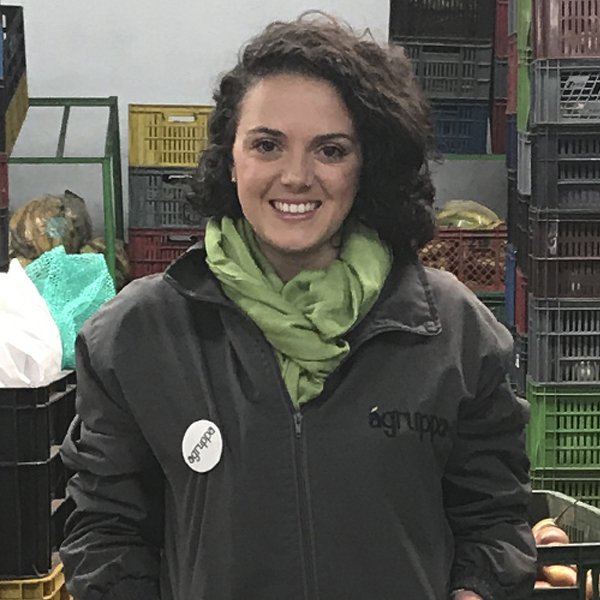An apple can cost twice as much as a
bag of potato chips in Colombia. The more than 340,000 "neighborhood
shops" which serve approximately 70% of the fresh fruit and vegetable
consumed by the population. But their small scale limits their access to an efficient
supply chain, which represents a divide between these small businesses and
wholesale establishments. After studying the problem in depth, the young
Colombian Carolina Medina developed Agruppa, a platform which allows small
businesses to group their orders. This ability allows them to obtain goods
under similar conditions to those enjoyed by wholesalers, and this cost
reduction translates into lower prices for consumers. Thanks to this proposal,
Medina has been named as one of MIT Technology Review, Spanish edition´s
Innovators Under 35 Latin America 2017.
Medina, an expert in food security, began this adventure while she was
researching the causes of the poor nutritional habits in Bogota (Colombia)
among low resource segments of the population. The main problem she observed
was that the high price of fruits and vegetables limited this group´s access to
them. "I realized that heads of families know exactly what kinds of foods
are healthiest but with low incomes they choose cheaper options," she
recalls. At the same time, the low margins obtained by the owners of these
shops barely allows them to make a living. Just shipping costs each shop owner
an average of 15 hours a week and eats up to 20% of all revenue. This
inefficient cost structure leads to high end prices, which reduces demand and
limits business growth.
After studying the problem in depth and contacting shop owners to understand
their needs and concerns, Medina´s response was Agruppa. The first step within
the platform consists of creating virtual purchasing groups to gather many
neighborhood shops. This process is based on simple mobile messaging systems
accessible to the entire population. Medina explains: "We decided to start
with simple technology, accessible to everyone, primarily mobile messaging
apps. […] Now we are working on using the knowledge acquired to develop an app
adapted to the needs of our customers."
With the groups created, the platform aggregates the purchasing demand of each
member of each group for 20 types of fresh fruits and vegetables which the
company offers. Once the total inventory which must be delivered has been
defined, it is time to place an order, which is done directly with farmers. For
them, this initiative represents an excellent channel for accessing the market
with transparent prices, an alternative to intermediaries. Once purchased,
Agruppa ships the products to the city. Finally, the produce is delivered daily
to each one of the participating shops at cost, saving shop owners time and
money.
The results have been spectacular. According to the data collected, revenue has
increased by an average of 1,250 euros annually, which represents a 15%
increase in profits. Agruppa works with 250 shops, a number which grows by 10
to 20 new establishments every week. This rapid growth improves the benefits
for each shop since increasing the aggregate demand (which reaches 300,000
euros per month) reduces prices. Thanks to an award bestowed by the World Bank,
the project has performed an impact study, which has demonstrated that
important discounts trickle down to consumers and improve their access to
fresh, healthy foods.
After this initial success, Agruppa is tackling a consolidation and expansion
process. The company plans on covering the entire city of Bogota this year to
serve 850 shops with a total volume of purchases close to 600,000 euros per
month. With close to five million neighborhood shops spread across Latin
America which face similar challenges and after confirming its success in
Bogota, Agruppa´s growth potential is enormous.
The president of the advisory committee at EuraTechnologies and jury member for
the Innovators Under 35 Latin America 2017 competition, Raouti Chehih,
highlights that "offering neighborhood shops the opportunity to compete in
the market illustrates how technology should be used."




